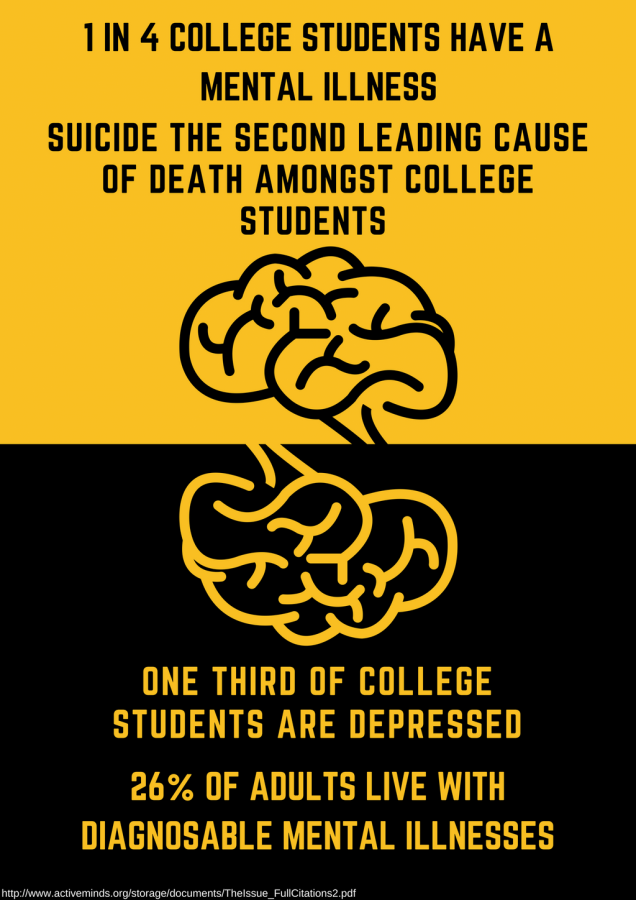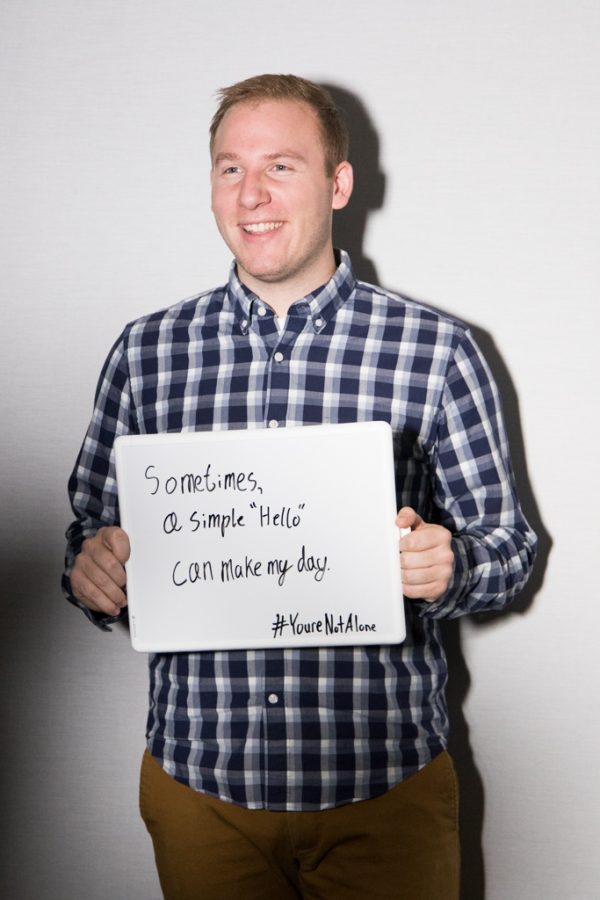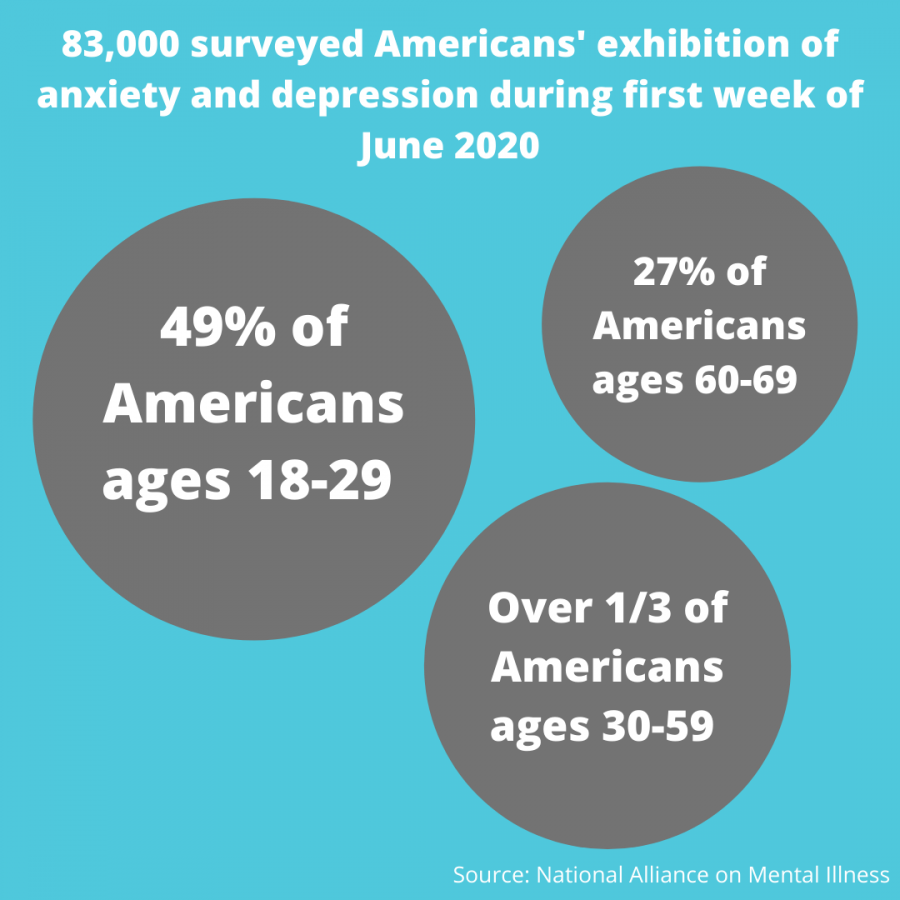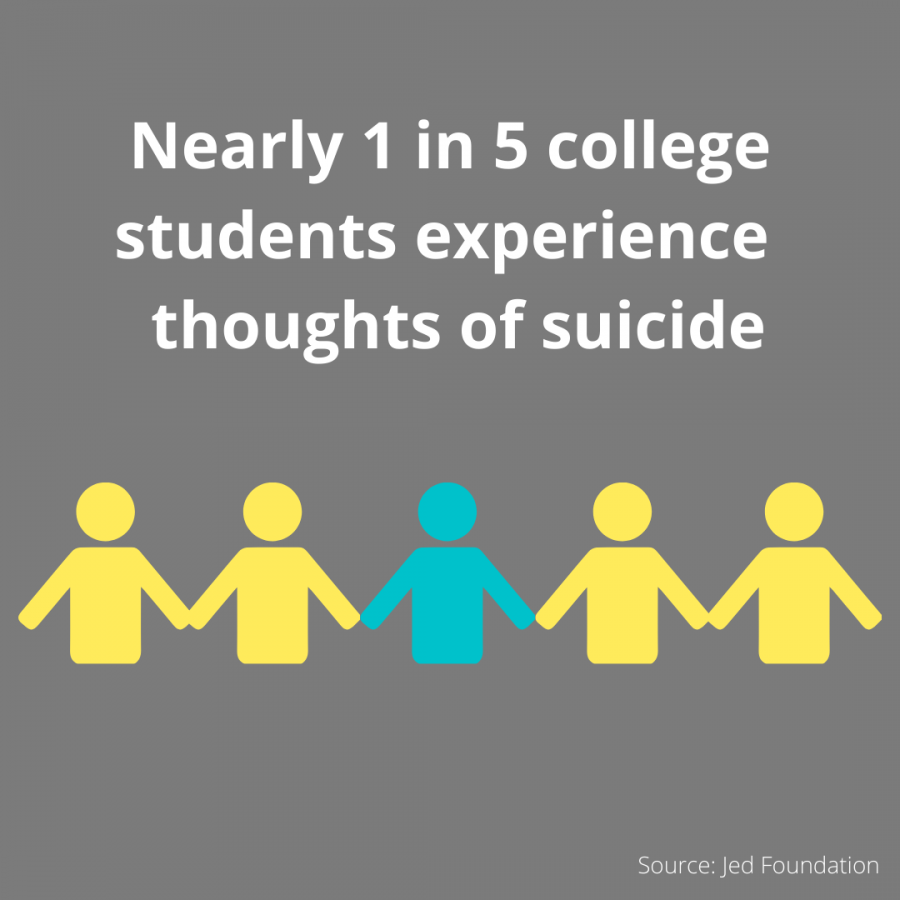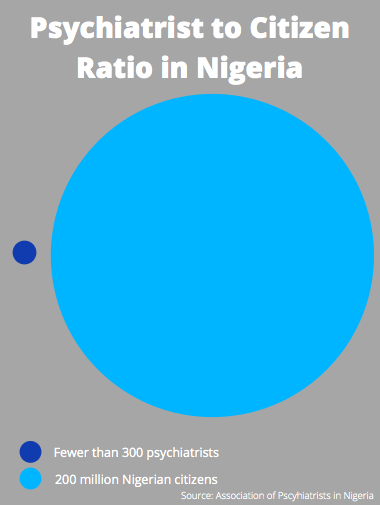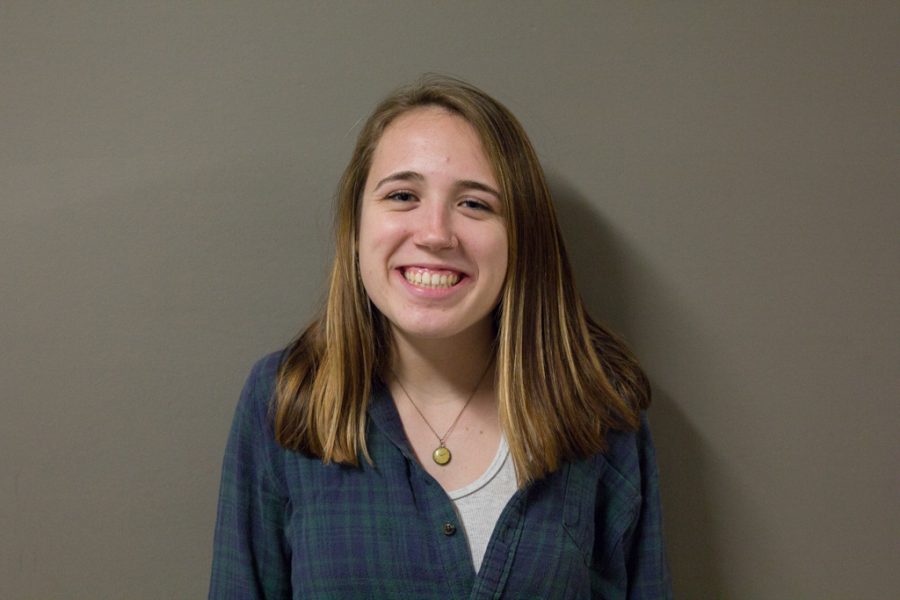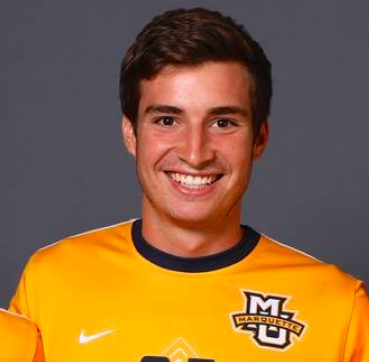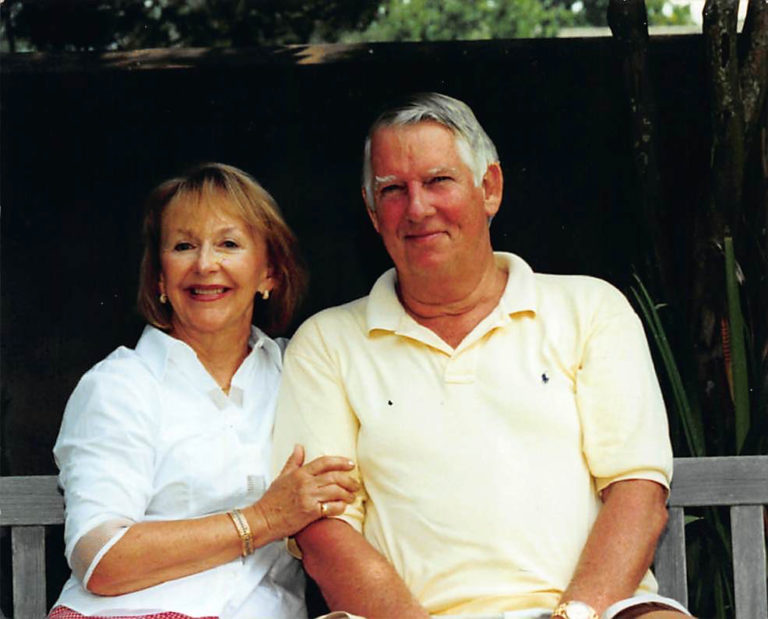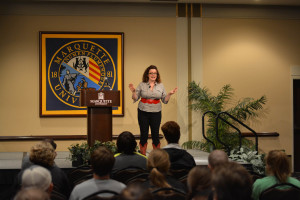
Marquette’s annual Mental Health Awareness Week, organized by Active Minds, is in its homestretch and receiving bigger crowds than ever.
Monday’s Yoga and Tea Tasting event drew a crowd of more than 50 people and Tuesday’s speech from war veteran Bryan Adams attracted almost 90. Markie Pasternak, secretary for Marquette’s chapter of Active Minds and sophomore in the College of Arts & Sciences, said the crowds are the largest she has seen for the week’s events, which may lead to more funding in the future.
“Next year we could get more funding from the national Active Minds organization but it’s not about the funding, it’s about the awareness and reducing stigma,” Pasternak said. “We want students to feel comfortable talking with their friends about mental health and to go to the Counseling Center without feeling ashamed.”
During his visit Adams spoke about his military career in Iraq, in which he was shot twice during an ambush. He recalled that every day boiled over with tension, and the overall experience left him paranoid.
“The second I left the (army) base, I could just feel (the anxiety),” Adams said in his speech. “I was constantly on edge and I couldn’t escape it.”
Many people, including his physical therapist, told Adams to go through counseling once he got home from the war but he repeatedly refused, buying into the stigma that he could handle everything on his own.
“I didn’t want to be around people or deal with them so I started to isolate myself,” he said. “I had so much anxiety that I was hyper-vigilant. I was in a survival mode for so long and it’s hard to turn off.”
Shortly after being diagnosed with post-traumatic stress disorder, Adams went to counseling and developed a new perspective on mental health. He started attending Rutgers and got involved with student veteran organizations, which led him to start giving speeches about his experiences.
“As a country, we have to change the conversation (about mental health) because if we don’t it’s going to destroy us,” Adams said. “Stigmas are rapid and they have real consequences. The second-leading cause of death among college students is suicide. You owe it to yourself, your friends and family to do what you can to get better and change the conversation.”
Ryan Herrmann, a freshman in the College of Engineering and ROTC student, attended Adams’ speech Tuesday and afterward said he became interested in attending more of the week’s events.
“Personally, I don’t think I’ve been aware enough to notice (mental health) stigma but this event really helped me and I think I’ll be able to notice stigma and have an open mind more often,” Herrmann said. “(As an ROTC student), I may be more closely associated with people going through post-traumatic stress disorder and mental health issues in general.”
Pasternak said she hopes Active Minds can get another speaker from the national group’s speaker bureau for next year’s awareness week, especially after the turnout for Adams’ speech.
“I’ve heard people on campus talking about (mental health) and I’ve seen so many green ribbons everywhere,” Pasternak said. “It’s phenomenal.”


